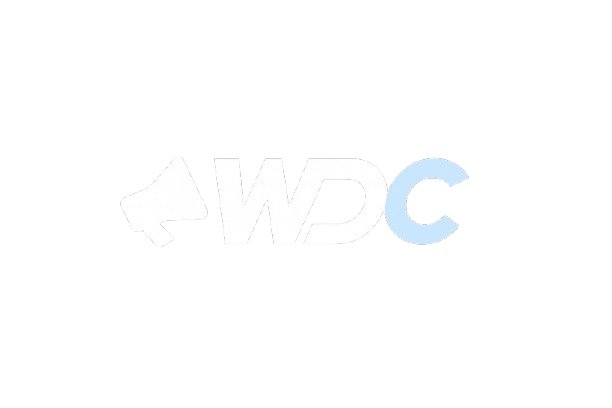The 7 C’s of digital marketing provide a strategic framework for creating effective and customer-focused marketing campaigns in today’s digital age. These elements ensure businesses deliver engaging, relevant, and result-driven experiences that resonate with their target audience. Here’s a breakdown of the 7 C’s of digital marketing and how they can be implemented for success.
1. Customer
The customer is at the heart of every digital marketing effort. Understanding your target audience’s needs, preferences, and behaviors is critical for crafting personalized and effective campaigns.
How to Prioritize the Customer:
- Conduct market research to define your buyer personas.
- Use analytics tools to study customer behaviors and preferences.
- Offer value by solving customer pain points through your content and offerings.
By focusing on customer-centric marketing, businesses can build lasting relationships and foster loyalty.
2. Content
Content is the backbone of digital marketing, serving as the medium through which businesses communicate with their audience. High-quality, engaging, and relevant content attracts, informs, and converts potential customers.
Effective Content Strategies:
- Use diverse formats like blogs, videos, infographics, and podcasts.
- Optimize content for SEO to improve search engine visibility.
- Align your content with the customer journey, from awareness to purchase.
For instance, a blog titled “Top 10 Smartphones for 2025” can engage tech-savvy audiences while showcasing affiliate products.
3. Context
Context ensures that your marketing messages are timely and relevant to the audience. Understanding the context of your audience’s needs, preferences, and environment helps tailor messages for maximum impact.
How to Leverage Context:
- Use data-driven insights to send personalized recommendations.
- Deliver location-specific offers through geo-targeting.
- Adapt campaigns for seasonal trends, cultural events, or emerging topics.
By delivering content in the right context, businesses can significantly boost engagement and conversions.
4. Community
Building and nurturing a community around your brand fosters loyalty and advocacy. Engaged communities become a valuable resource for feedback, user-generated content, and word-of-mouth promotion.
Building an Online Community:
- Engage with your audience on social media platforms through comments, polls, and live sessions.
- Create forums or groups where customers can interact and share experiences.
- Showcase customer stories and reviews to build trust.
For example, hosting a live Q&A on Instagram can make your audience feel connected and valued.
5. Communication
Effective communication bridges the gap between a business and its audience. Digital marketing offers numerous channels, such as email, social media, and messaging apps, to maintain regular and meaningful interactions.
Key Communication Strategies:
- Use conversational marketing tools like chatbots to provide instant responses.
- Maintain consistent brand messaging across all digital platforms.
- Personalize email campaigns to address individual customer needs.
Clear, concise, and value-driven communication keeps customers engaged and informed.
6. Conversion
The ultimate goal of digital marketing is to convert leads into customers. Conversion strategies focus on guiding prospects through the sales funnel and encouraging them to take action, whether it’s making a purchase, signing up, or downloading a resource.
Optimizing for Conversions:
- Use compelling calls-to-action (CTAs) in your content.
- Simplify the user experience with fast-loading pages and easy navigation.
- Implement A/B testing to identify the most effective design and messaging.
Tracking conversion metrics, such as click-through rates and lead generation, helps refine marketing strategies for better results.
7. Consistency
Consistency in branding, messaging, and customer experience is essential for building trust and recognition. A unified approach across all channels ensures that your audience perceives your brand as reliable and professional.
Maintaining Consistency:
- Use the same tone, style, and visuals across all digital platforms.
- Regularly update your website and social media profiles with fresh content.
- Stay active and responsive to maintain customer interest and trust.
Consistency strengthens your brand identity and ensures that customers know what to expect from your business.
Conclusion
The 7 C’s of digital marketing—Customer, Content, Context, Community, Communication, Conversion, and Consistency—are integral to building effective and customer-focused strategies. By aligning these elements, businesses can create meaningful connections, deliver value, and achieve sustainable growth in the competitive digital landscape. Embracing this framework in your marketing efforts will not only enhance engagement but also drive measurable success.

